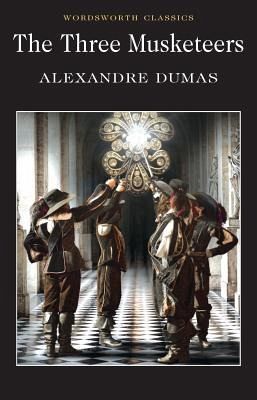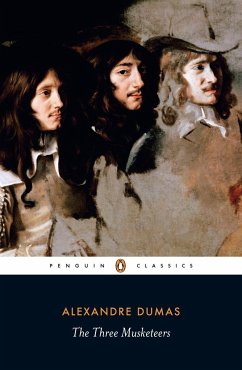Nicht lieferbar

The Three Musketeers
Versandkostenfrei!
Nicht lieferbar
Weitere Ausgaben:
A historical romance, The Three Musketeers tells the story of the early adventures of the young Gascon gentleman, D'Artagnan and his three friends from the regiment of the King's Musketeers - Athos, Porthos and Aramis. Under the watchful eye of their patron M. de Treville, the four defend the honour of the regiment against the guards of Cardinal Richelieu, and the honour of the queen against the machinations of the Cardinal himself as the power struggles of seventeenth century France are vividly played out in the background.
Under the watchful eye of their patron M de Treville, D'Artagnan, Athos, Porthos and Aramis defend the honour of the regiment against the guards of Cardinal Richelieu, and the honour of the queen against the machinations of the Cardinal himself. But their most dangerous encounter is with the Cardinal's spy, Milady, a female spy.










